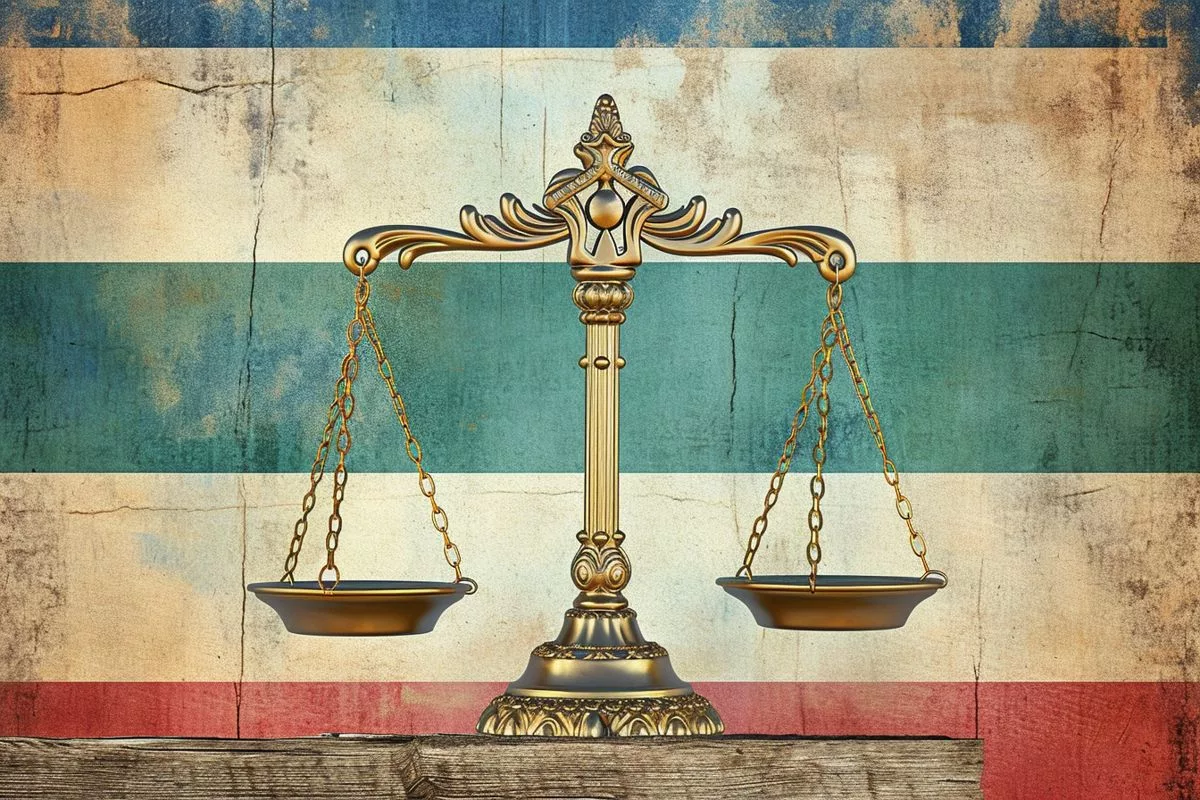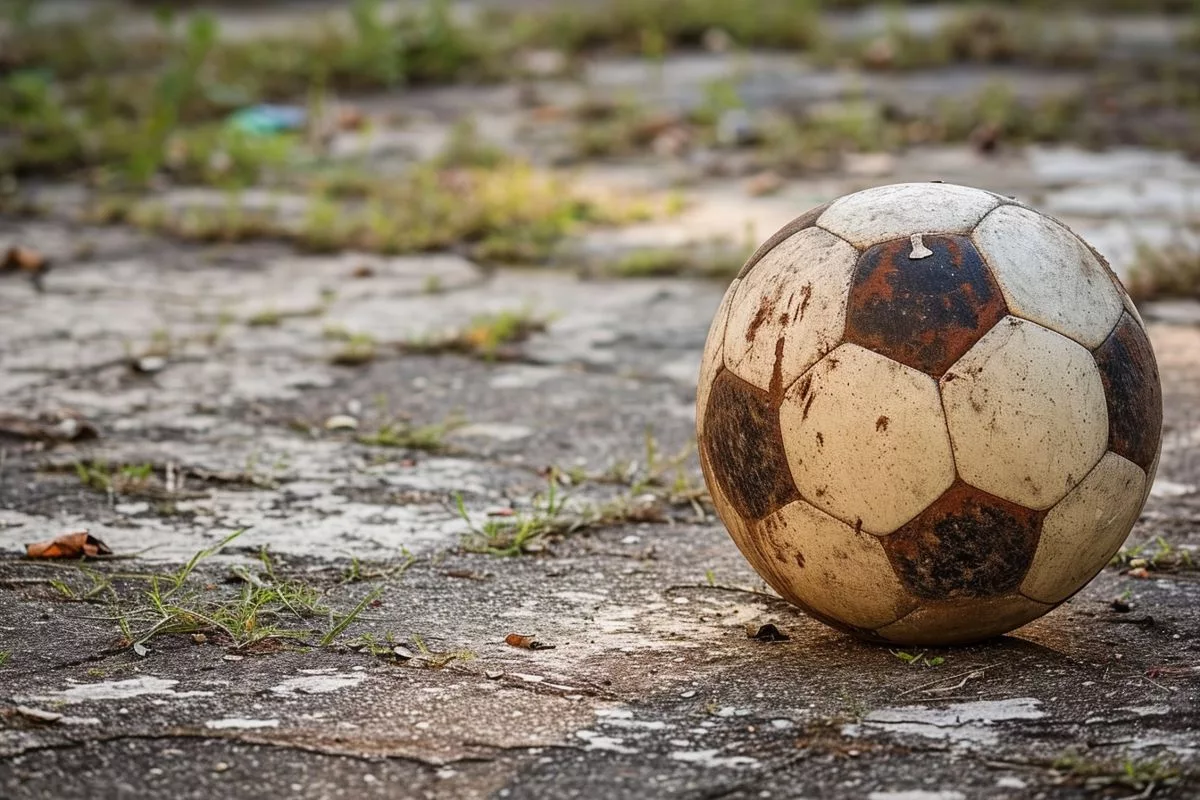South Africa has taken Israel to the International Court of Justice, accusing it of genocide against Palestinians. Four of South Africa’s top lawyers, including Tembeka Ngcukaitobi and John Dugard, will represent the nation’s case. The landmark case highlights the importance of legal expertise in addressing global issues and has the potential to shape the future of international law and human rights, with the world watching closely.
South Africa has brought a case against Israel before the International Court of Justice, accusing it of committing genocide against Palestinians. Four of South Africa’s top lawyers, including Tembeka Ngcukaitobi and John Dugard, will represent the nation’s case. This landmark case highlights the importance of legal expertise in addressing global issues and has the potential to shape the future of international law and human rights.
The International Court of Justice is set to hear a grave case brought forward by South Africa against Israel, charging it with the allegation of genocide committed against Palestinians. South Africa, in an effort to demonstrate its legal prowess, has selected four of its most esteemed lawyers to represent the nation’s case. Noteworthy, among the legal practitioners are Sarah Pudifin-Jones, Lerato Zikalala, and Tshidiso Ramogale, who will be joined by internationally reputable advisors, Blinne Ní Ghrálaigh KC and Vaughan Lowe KC from the United Kingdom.
Leading Legal Minds in the Spotlight
Prominent among the lawyers representing South Africa is Tembeka Ngcukaitobi SC, who gained recognition in 2016 when he defended the Economic Freedom Fighters and successfully petitioned for the release of the state capture report. A respected figure within the Johannesburg Bar, Ngcukaitobi specialises in areas including competition, labour, constitutional, and commercial law. His exceptional skill were rewarded with the silk status in 2020 – a high honour reserved for a select few.
Alongside him, the team will also be graced by the presence of John Dugard SC, an internationally acclaimed professor and lawyer renowned for his expertise in international law and human rights. As per his United Nations biography, Dugard has been part of the UN International Law Commission since 1997 and has served as the Special Rapporteur on Diplomatic Protection to the Commission starting from 2000. His impressive career history includes roles such as Judge ad hoc in the International Court of Justice and Special Rapporteur to the UN Commission on Human Rights on violation of Human Rights and International Humanitarian Law in the Occupied Palestinian Territory from 2001 onwards.
Key Contributors to the Case
Max du Plessis SC, a Durban-based lawyer associated with Ubunye Chambers, will contribute his profound knowledge of international law to the case. He provides counsel to governments, international bodies, and NGOs on a multitude of matters. His expertise is often called upon in cases presented before the International Criminal Court, the African Commission on Human and Peoples Rights, the SADC Tribunal, and the East African Court of Justice. Du Plessis’s practice areas encompass public law, human rights, international law, and competition law.
Completing this legal supergroup is Adila Hassim SC, a key figure in socio-economic rights matters. Hassim was at the forefront of the counsel in the Life Esidimeni arbitration case. Additionally, she holds esteemed positions as the co-founder and Head of Litigation at Section27 and as a co-founder of Corruption Watch.
The Monumental Case and its Implications
Every individual in South Africa’s legal team is a veteran in their respective field, preparing to present a case fraught with political, historical, and humanitarian complexities. The court proceedings are bound to gain worldwide attention due to the serious allegations and their potential implications on an international scale.
The case provides each of the legal practitioners involved an opportunity to apply their expertise to a matter of profound international significance. Their collective efforts have the potential to shape the future of international law and human rights, reinforcing the importance of their roles in this pivotal case. As they navigate the intricate legal landscape and present their arguments, they not only represent South Africa but also embody the universal fight for justice.
The case symbolizes the ongoing struggle for human rights recognition and the quest for justice. The discussions at the International Court of Justice underscore the importance of legal proficiency in addressing global issues. With the world’s eyes on them, these legal powerhouses are certain to leave an indelible mark on international law’s history.
1. What is the case that South Africa has brought against Israel?
South Africa has taken Israel to the International Court of Justice, accusing it of genocide against Palestinians.
2. Who will represent South Africa in the case?
Four of South Africa’s top lawyers, including Tembeka Ngcukaitobi and John Dugard, will represent the nation’s case. Other notable lawyers include Sarah Pudifin-Jones, Lerato Zikalala, and Tshidiso Ramogale.
3. Who is Tembeka Ngcukaitobi SC?
Tembeka Ngcukaitobi SC is a prominent lawyer from South Africa who specialises in areas including competition, labour, constitutional, and commercial law. He gained recognition in 2016 when he defended the Economic Freedom Fighters and successfully petitioned for the release of the state capture report.
4. Who is John Dugard SC?
John Dugard SC is an internationally acclaimed professor and lawyer renowned for his expertise in international law and human rights. He has served as the Special Rapporteur on Diplomatic Protection to the UN International Law Commission and as the Special Rapporteur to the UN Commission on Human Rights on violation of Human Rights and International Humanitarian Law in the Occupied Palestinian Territory.
5. What are the potential implications of the case?
The case has the potential to shape the future of international law and human rights. It underscores the importance of legal proficiency in addressing global issues and represents the ongoing struggle for human rights recognition and the quest for justice.
6. Who else is involved in the case?
Other key contributors to the case include Max du Plessis SC, a Durban-based lawyer associated with Ubunye Chambers, and Adila Hassim SC, a key figure in socio-economic rights matters and co-founder of Corruption Watch.












